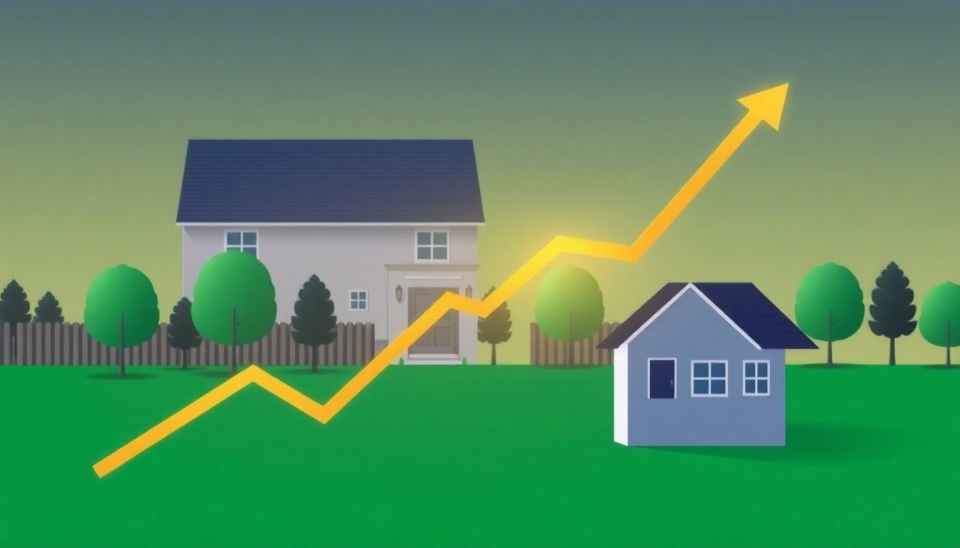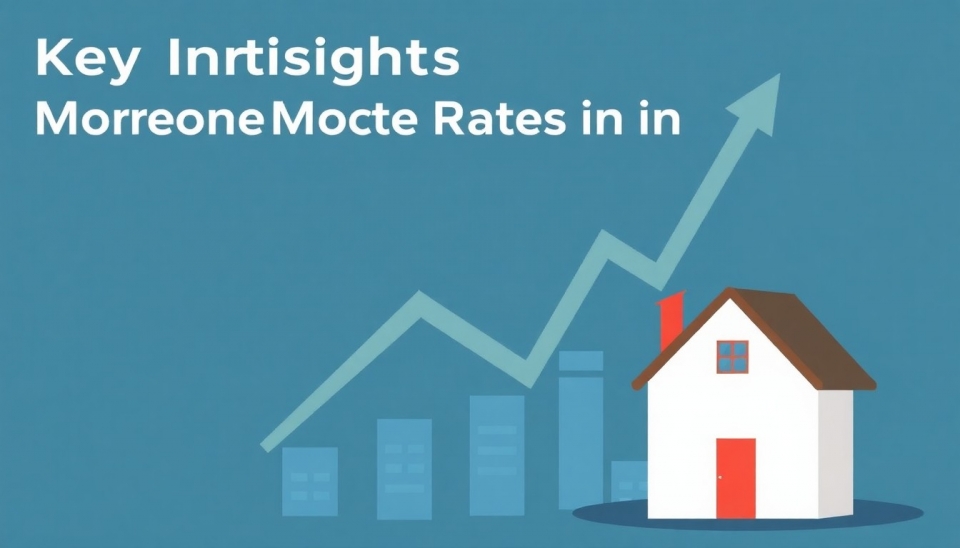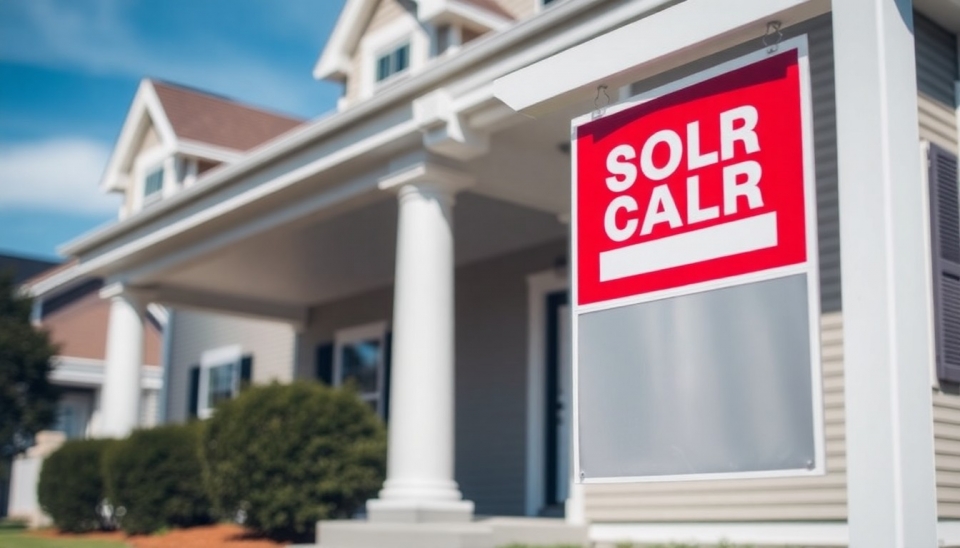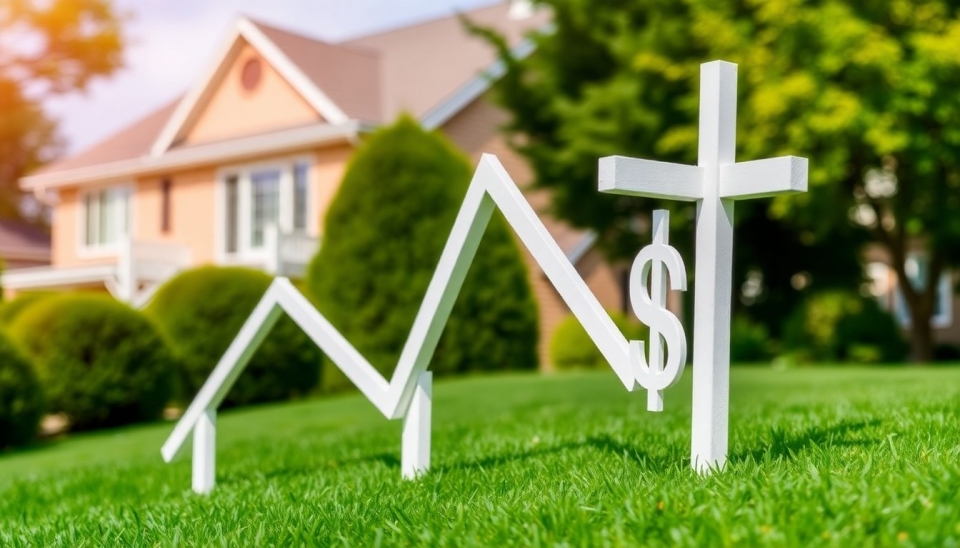Mortgage Rates in the US Hit Record High: What Consequences Will This Have for the Housing Market?

As of February 6, 2024, the average mortgage rates in the United States skyrocketed to a record 7.85%. This increase serves as a signal for borrowers, confirming previously predicted trends by economists. Such changes in market conditions raise concerns among potential homebuyers and the housing market at large.
High rates may significantly restrict buyers' financial capabilities. Experts note that many families might delay their home purchasing plans, leading to a decline in market demand. Consequently, this could impact property prices, which have already begun to adjust in recent months. It is expected that as rates increase, some homeowners will be forced to lower their prices or leave their homes on the market longer due to a lack of buyers.
Experts believe this situation may exacerbate inequality in the market, as lower-income families will be the most vulnerable to rising rates. While wealthier buyers can still afford high mortgage rates, many young individuals and starting families will face challenges. This, in turn, may influence developers' strategies and the projects they offer.
In response to these changes, many financial institutions may reconsider their lending programs to attract buyers, but experts warn that this could be merely a temporary measure.
Thus, mortgage rates remain a focal point as the housing market attempts to adapt to changing economic conditions. It is anticipated that in the coming months, the situation will continue to evolve, leading to possible new fluctuations in rates and home prices.




